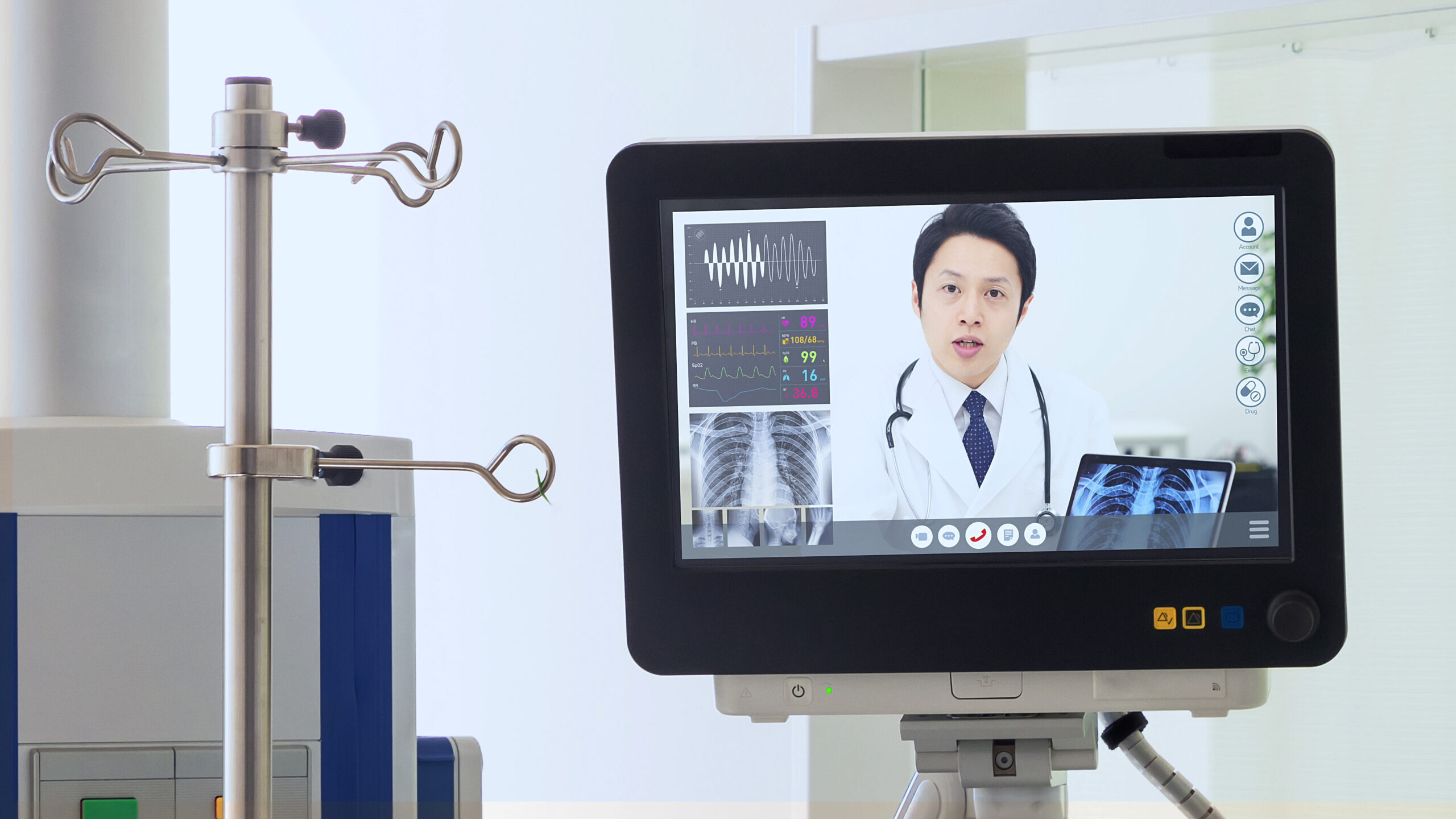Telehealth Is Essential To America’s Heart Health. Congress Must Act Now To Protect It.
Telehealth is essential to America’s heart health, which is why this American Heart Month, we encourage Congress to permanently protect these vital virtual services.
According to an October 2022 Centers for Disease Control and Prevention (CDC) report, “[o]ne person dies every 34 seconds in the United States from cardiovascular disease.” The widespread commonality of cardiovascular diseases in our modern age requires modern innovations. Virtual care grew rapidly as a result of the pandemic and is continuously utilized as a crucial tool to fight cardiovascular diseases because of its convenience, affordability, and flexibility.
Telehealth makes monitoring heart conditions, a constant aspect of many cardiovascular treatments, convenient and cost-effective for patients and providers. A study from Wroclaw Medical University found that monitoring for cardiovascular care is a “very promising addition to standard cardiological care” because of the positive responses of both patients and providers. Monitor reporting done at home or on the go allows patients’ lives to be less interrupted.
One telehealth patient, George Hoffman, Silver Spring MD, remarked, “[b]efore telehealth, I needed to rely on my wife, public transportation or community ride services to get to and from routine health appointments. I’d say I used to miss 30+% of my appointments for various reasons outside my control causing frustration and unnecessary fees but that’s not the case any longer.”
The use of telehealth in patients’ cardiovascular care has increased care for underserved groups and helped with the affordability of treatment. One study by Cedars-Sinai Medical Center found that cardiovascular telehealth patients were more likely to be Asian, Black, or Hispanic. Another study showed that patients report low costs, convenient care, and shorter wait times as benefits of virtual care. Cost-effective, accessible care makes virtual care an indispensable resource for underserved groups.
Providers also favor telehealth as a tool in cardiovascular treatment. A study conducted at Massachusetts General Hospital found that 100 percent of cardiologist clinicians endorsed using e-consults to provide their cardiovascular patients with clinical recommendations and to review their treatment plans. This overwhelming support from care providers showcases how impactful telehealth can be for heart health. One Mayo Clinic provider, Edwin A. Takahashi M.D., expressed in an American Heart Association scientific statement that “[t]elehealth will play an important role in the future of cardiovascular care because the evolution of technology will enable new remote care opportunities to improve medical accessibility.” This is a promising endorsement for the future of telehealth and cardiovascular care.
To protect this effective cardiovascular care tool, Congress must enact permanent telehealth protections once and for all.
Learn more about how Congress can act now to safeguard access to telehealth HERE.

